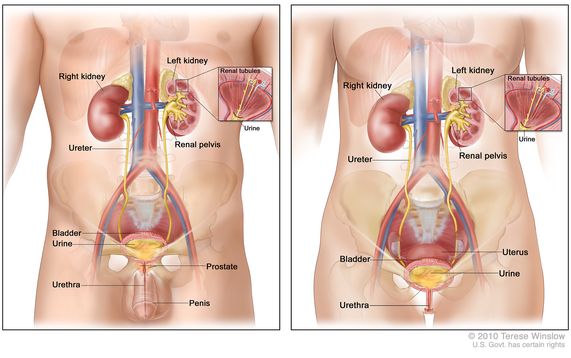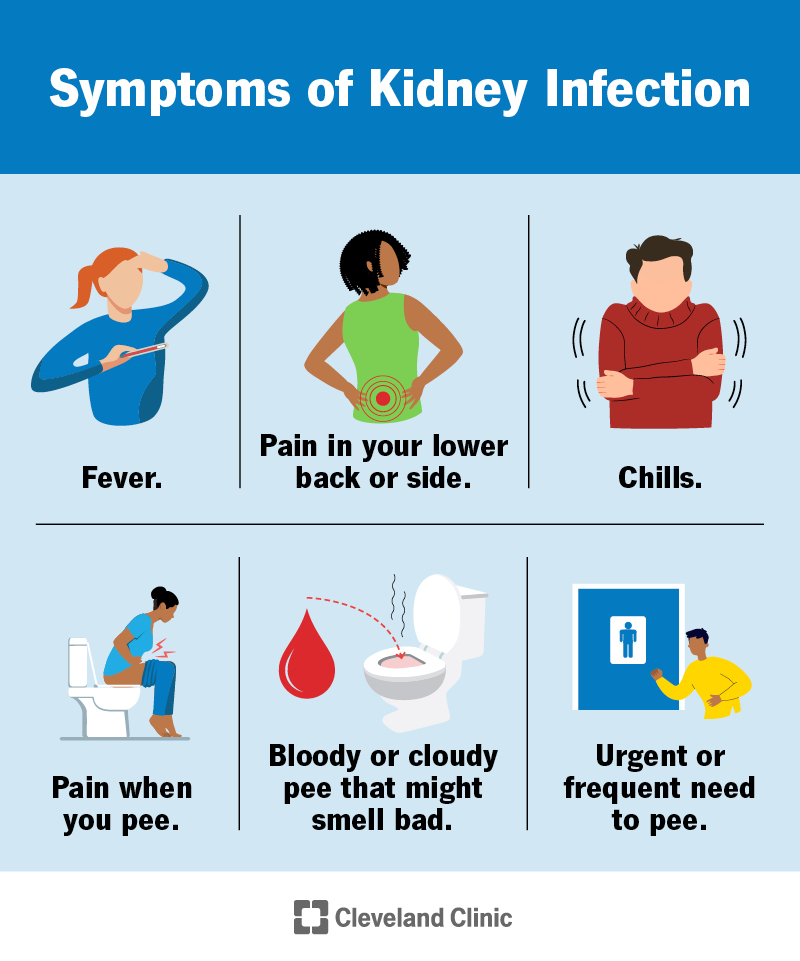Discovering the Manifestations and Causes of Kidney Stones in Comparison to Urinary Tract Infections: A Comprehensive Overview
The exploration of kidney rocks and urinary system tract infections (UTIs) reveals a complex interaction of signs and underlying causes that warrant careful exam. What are the crucial differences in their symptoms, and just how might these notify treatment strategies?
Review of Kidney Stones
Kidney stones, additionally referred to as renal calculi, kind when specific substances in the pee crystallize and aggregate, leading to the growth of hard down payments within the kidneys. These rocks can vary in dimension, ranging from a grain of sand to a golf round, and can be composed of numerous materials, one of the most typical being calcium oxalate, uric acid, struvite, and cystine. The development of kidney stones is affected by a number of factors, consisting of dietary routines, fluid intake, and hereditary tendency.
Signs of kidney stones may include extreme pain in the back or side, blood in the urine, nausea, and regular peeing, especially as the rock moves with the urinary system tract. Medical diagnosis usually entails imaging studies such as ultrasound or CT scans, along with urinalysis to identify the rock's composition.
Treatment choices differ based on the size and sort of rock, as well as the intensity of symptoms (Kidney Stones vs UTI). Little rocks might pass naturally with enhanced liquid consumption, while bigger stones may need clinical treatments such as lithotripsy or surgical removal. Comprehending the pathophysiology and danger variables related to kidney stones is necessary for reliable prevention and monitoring
Summary of Urinary Tract Infections
Urinary system system infections (UTIs) prevail microbial infections that impact any component of the urinary system, consisting of the kidneys, ureters, bladder, and urethra. They mostly occur when bacteria, frequently from the intestinal tract, go into the urinary system, resulting in inflammation and infection. UTIs are categorized into two primary kinds: complex and uncomplicated. Uncomplicated UTIs usually take place in healthy individuals with regular urinary tracts, while complex UTIs may arise in people with hidden problems, such as architectural abnormalities or endangered body immune systems.
The prevalence of UTIs is especially higher in women than males, mostly because of physiological distinctions, such as a shorter urethra. Threat elements include sex-related activity, particular contraceptive techniques, urinary retention, and dehydration. The medical diagnosis of UTIs is typically validated with pee tests, which might expose the visibility of germs, white blood cells, or red cell.

Signs of Kidney Stones
The pain linked with kidney rocks can manifest in various methods, usually leading individuals to seek medical attention. One of the most common signs is serious discomfort, normally local in the reduced back or side, which might emit to the abdominal area or groin. This discomfort, usually called sharp or cramping, can take place suddenly and may fluctuate in intensity.
In addition, people might experience hematuria, or blood in the pee, which can vary from microscopic amounts to visible discoloration. This symptom might be come with by adjustments in urinary routines, such as enhanced frequency or urgency, as well as pain throughout urination. Nausea and throwing up are additionally common, typically resulting from the body's reaction to extreme discomfort.
In some instances, individuals might experience fever and cools, particularly if an additional infection creates because of the blockage triggered by the rocks. On the whole, the mix of serious discomfort, hematuria, transformed urinary patterns, and intestinal signs and symptoms can offer substantial insight into the existence of kidney rocks, warranting timely clinical evaluation and treatment. Understanding these signs is critical for timely diagnosis and efficient administration of the problem.
Signs And Symptoms of Urinary Tract Infections
Infections within the urinary tract usually present a variety of unique signs and symptoms that can significantly impact day-to-day live. The most typical signs consist of a consistent desire to urinate, commonly gone along with by click reference a burning experience during peeing, referred to as dysuria. Individuals may also experience enhanced frequency of peeing, generating percentages of pee each time.
Various other significant signs and symptoms consist of gloomy or smelly urine, which may show the visibility of microorganisms or pus. In many cases, pee may appear pink or red as a result of the existence of blood, a condition known as hematuria. In addition, people might experience pelvic pain or stress, which can better exacerbate the sensation of seriousness.
Systemic signs may additionally show up, such as fever, chills, and exhaustion, specifically if the infection has risen to the kidneys. It is important to identify these signs early, as untreated urinary system tract infections can lead to extra extreme difficulties. Kidney Stones vs UTI. Prompt clinical interest is advised when these signs and symptoms are observed, enabling for ideal diagnostic evaluation and therapy to reduce pain and stop further wellness issues
Root Causes Of Each Condition
Often, kidney rocks and urinary system infections arise from unique yet sometimes overlapping causes that can affect individuals in different ways. Kidney stones commonly form because of metabolic factors, dietary options, and hereditary predispositions. Boosted degrees of calcium, oxalate, or uric acid in the urine can result in rock formation. Dehydration, insufficient fluid consumption, and high-sodium diet regimens can intensify these problems, advertising formation within the urinary tract.

Understanding these distinctive reasons is critical for prevention and therapy. Kidney Stones vs UTI. While way of life adjustments may mitigate the threat of kidney rocks, proper hygiene and prompt therapy of urinary system tract infections are essential for reducing their reappearance and connected issues
Final Thought
In summary, kidney rocks and urinary tract infections existing unique symptoms and underlying reasons. Kidney stones are characterized by extreme pain and metabolic factors, while urinary system tract infections largely include bacterial infections bring about urinary necessity and pain. Although both conditions can cause hematuria, their formation devices differ significantly. Comprehending these distinctions is essential for reliable diagnosis and therapy, eventually boosting client end results for those impacted by either problem.
The expedition of kidney rocks and urinary tract infections (UTIs) discloses a complex interplay of symptoms and underlying reasons that warrant cautious exam.Urinary tract infections (UTIs) are typical microbial infections that influence any part of the urinary system, consisting of the kidneys, ureters, bladder, and urethra.Regularly, kidney stones and urinary tract infections develop from distinctive yet often overlapping causes that can affect individuals in a different way.In recap, kidney rocks and urinary tract infections present unique signs and underlying reasons. Kidney rocks are identified by extreme pain and metabolic factors, while urinary system infections primarily involve bacterial infections leading to urinary seriousness and discomfort.